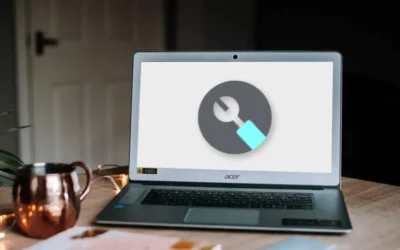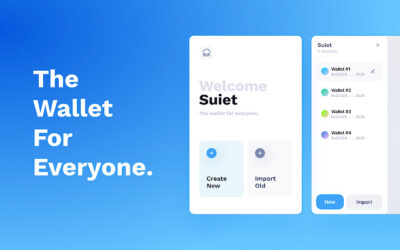The realm of JavaScript development has seen a significant rise in the use of libraries and tools to simplify and optimize the creation of complex applications. Among the assortment of resources available, Redux has carved out its niche as a powerful, predictable state container for JavaScript applications. However, diving into Redux is not complete without leveraging Redux DevTools, a handy Chrome extension that enhances the development experience, especially for debugging. This article will explore the compelling features of Redux DevTools and its integral role in JavaScript development.
What is Redux DevTools?
Redux DevTools is a live-editing time travel environment that operates as a Chrome extension. It allows developers to inspect and modify application state and track dispatched actions in real-time. With its time-traveling capabilities, developers can navigate back to previous states and examine what changes led to the current application state, making it easier to trace and rectify bugs.
Installation and Setup
Installation of Redux DevTools is straightforward. Simply navigate to the Chrome Web Store, search for Redux DevTools, and click ‘Add to Chrome’. Once installed, it integrates seamlessly with your Redux application. Ensure that you’ve included the Redux DevTools extension in your store creation, either directly or through middleware like Redux Toolkit, to leverage its capabilities.
Navigating Through Redux DevTools
At its core, Redux DevTools provides a visual log of the state and actions of your application. Its interface comprises various panels such as the Diff, State, and Action panels.
The ‘Diff’ panel reveals the differences between the current and previous states after an action has been dispatched. The ‘State’ panel provides a hierarchical view of the current application state, while the ‘Action’ panel displays details of the last dispatched action.
The timeline slider at the top is a key feature of Redux DevTools, allowing developers to time-travel through application states. Simply dragging the slider provides a real-time display of state and action changes at each point in your app’s history, which is invaluable when debugging and understanding state changes.
Advanced Features
Beyond state inspection and time travel, Redux DevTools also offers advanced features that elevate its debugging capabilities. For example, you can “Commit” states, which removes all dispatched actions and sets the committed state as the initial state. This is especially useful when you need to focus on a specific segment of actions.
Another powerful tool is the ability to “Dispatch” actions directly from the extension. Developers can dispatch actions with payloads to test the application’s reactions to different events, an effective way to test edge cases.
Enhancing Productivity with Redux DevTools
Redux DevTools greatly enhances productivity and code quality. Its ability to provide a visual, interactive history of the application’s actions and state changes reduces the time spent on debugging and testing. By showing how and when state changes occur, developers gain a deeper understanding of their applications and Redux itself. This can lead to cleaner, more efficient code, and a smoother user experience.
Furthermore, by recording dispatched actions and state changes, Redux DevTools provides a platform for collaborative problem-solving. Developers can export the recorded logs and share them with their teams, allowing for more efficient troubleshooting and code reviews.
Conclusion
In summary, Redux DevTools is more than a simple Chrome extension—it’s an essential tool for any developer working with Redux. Its capabilities for state inspection, time-travel debugging, and dispatching actions offer comprehensive control and visibility over your Redux application. Beyond mere debugging, Redux DevTools also serves as a platform for learning, collaboration, and improving code quality, thus elevating the entire development process. While it may seem daunting at first, the benefits it provides are well worth the learning curve. Happy coding!








0 Comments